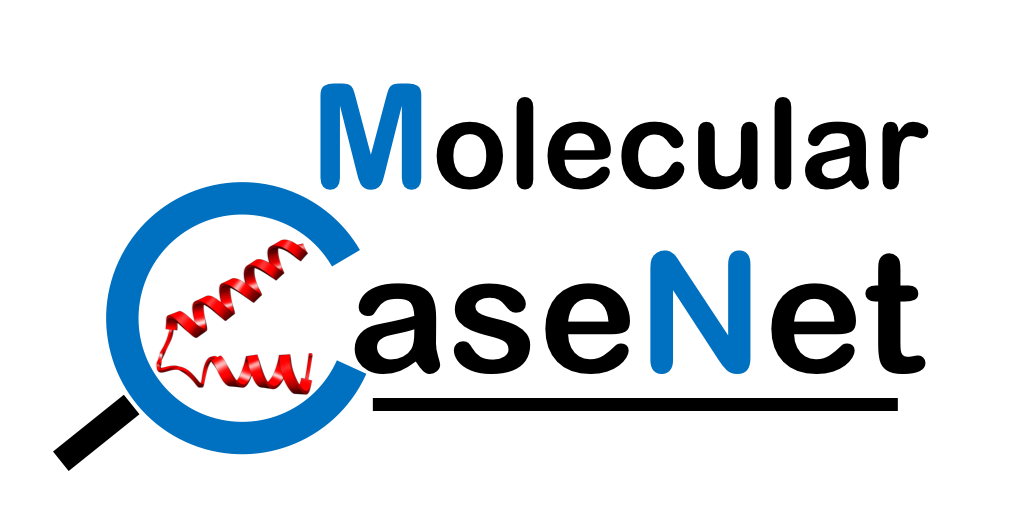Molecular CaseNet - Developing and Using Molecular Case Studies at the Interface of Biology and Chemistry (RCN-UBE Introduction)
Author(s): Shuchismita Dutta1, Caleb Trujillo2
1. RCSB Protein Data Bank, Rutgers University 2. University of Washington at Bothell
364 total view(s), 100 download(s)
Description
Interactive biomolecular visualization tools enable exploring structure and function, a core concept in undergraduate biochemistry and molecular biology education. Molecular Case Studies (MCSs) use storytelling in authentic contexts as a powerful pedagogical tool to engage students in examining structure-function relationships. Each MCS is set at the interface of biology and chemistry and completes the “Molecular Case-Study Cycle” at least once. MCSs provide opportunities to identify, visualize and analyze three-dimensional biomolecular structures relevant to the case theme. Relating the structural features of these biomolecules, their interactions, and information about their functions derived from the scientific literature and open-access bioinformatics resources can provide students with novel insights into the case study topic. MCSs explore the molecular basis of biological phenomena, including problems with societal impact. For example, they can help understand clinical conditions and their treatment options or investigate specific environmental challenges and the consequences of climate change. Published MCSs are Open Educational Resources, freely available from the Molecular CaseNet (MCN) website (https://molecular-casenet.rcsb.org/), to be used as-is or adapted to meet the needs of specific curricular contexts. The Molecular CaseNet is a community of multidisciplinary educators and scholars involved in developing and using MCSs. We invite undergraduate educators to join the MCN community, use published MCSs and author new case studies on their favorite topics. The Molecular CaseNet aims to host diverse themed MCSs for educators and scholars worldwide exploring molecular structure and function in multidisciplinary curricula.
Ways to learn more:
- Check out published Molecular Case Studies (MCSs).
- Read about the project at Goodsell, D. S., Dutta, S., Voigt, M., & Zardecki, C. (2021). Molecular storytelling for online structural biology outreach and education. Structural Dynamics, 8(2), 020401.
- Check out the Molecular CaseNet (MCN) teaching resources.
- Watch the Molecular CaseNet (MCN) pipeline video.
Ways to get involved:
- Find us at the 2023 BIOME Institute.
- Find us at Transforming Undergraduate Education in the Molecular Life Sciences with ASBMB.
- Get access to the published MCN studies by emailing Shuchi.
- Join the next Cohort to author and pilot new MCN studies on your favorite topics by emailing Shuchi.
If you are interested in learning more and participating please join this group or email Shuchi Dutta.
Cite this work
Researchers should cite this work as follows:
- Dutta, S., Trujillo, C. (2023). Molecular CaseNet - Developing and Using Molecular Case Studies at the Interface of Biology and Chemistry (RCN-UBE Introduction). RCN-UBE Community, QUBES Educational Resources. doi:10.25334/VKQN-0X96


